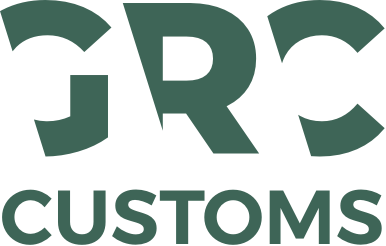Quality of customs data
As a declarant, you are responsible for the quality of the declaration, whether you complete it yourself or delegate the task. Periodic checks of the accuracy, completeness, and timeliness of customs declarations are therefore essential. This is especially crucial for the evidential dossier required for the AEO license. GRC Customs conducts these quality checks periodically for a group of clients, documenting findings in reports or in the AEO compliance tool ACT. Companies often view these checks as burdensome, and there is a reluctance to have a situation where the one being checked is also the one doing the checking. Armed with our findings, the declarant can make improvements to their own declaration process or that of their customs representative. This significantly enhances the quality of the declarations. We identify errors spanning typos, data quality issues, knowledge gaps, and more.
Twan Kroon’s expertise in Quality Assurance
This service is primarily carried out by the lead of our back office, Twan Kroon. He is the man of details, a consultant who delves into the rules and, therefore, also focuses on the details of DMS.
Quality checks on declarations are proven to be essential, especially in the Netherlands. Despite years of experience with AGS, a significant portion of customs declarations and/or accompanying documentation is not in order.
With the introduction of DMS and an increased demand for information, he foresees that making a proper declaration will require even more from the current declarant. The system will conduct more checks on the data, leading to more frequent rejection of declarations.
Unless the transition from AGS to DMS is seized as an opportunity to shake things up, allowing companies and/or their (in)direct representatives to start fresh, a considerable portion of declaration files will be in disarray. Cleaning up the article master file, creating new work instructions, or organizing additional training can prevent this.
A good preparation is half the battle
With the transition to DMS, it is crucial to be well-prepared. It is also important to understand what is being requested and how the declaration is structured. Therefore, we have created a transposition table that can assist in this process. Additionally, GRC Customs is working on a manual/explanation of the new data elements in DMS. Since this is a time-consuming process, we have initiated an effort to collaborate with industry peers to create a readable and Netherlands-specific guide.
You can download the transposition table below. If you are interested in joining the initiative to work on the DMS explanation, please send an email to Twan.Kroon@nl-grc.com.
